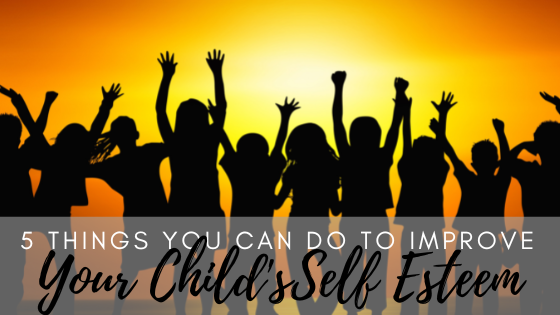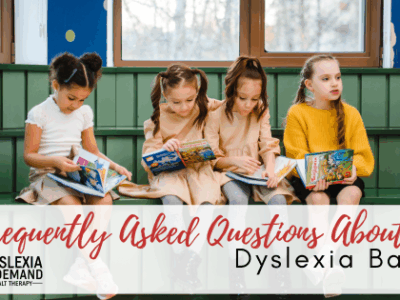
5 Things You Can Do To Improve Your Dyslexic Child’s Self Esteem
The challenges that neuro-divergent children face are not only with reading and writing. A dyslexic child’s self-esteem is also frequently impacted by the obstacles to traditional education caused by the learning difference.
In this blog post, we’ll explore things you can do to improve your dyslexic child’s self-esteem. For more resources, read our blog post: 5 Things You Can Say To Improve Your Dyslexic Child’s Self Esteem.
Get appropriate support: The best way to improve the self esteem of a child with dyslexia is to give them the tools to overcome their learning differences. Effective dyslexia therapy, such as that offered by Dyslexia on Demand, is based on decades of experience and is a results-oriented approach that leads to long-term success not only in the classroom but also in life.
The best possible outcome to dyslexia therapy is offered by Certified Academic Language Therapists who use the latest reading research to provide compensatory strategies that students can use to overcome dyslexia.
Take part: Under federal law and, in many instances, state law, your child is entitled to educational opportunities equal to that available to their neurotypical peers. Making sure your child receives those opportunities will require your involvement. Your child’s school should develop an Individualized Education Plan that will address needed accommodations and assistance that they will receive. Parents are expected to be a part of developing that plan by attending meetings and participating in assessments.
Be your child’s advocate: Depending on the circumstances and the school, advocating for your child may range from attending IEP meetings to hiring a professional advocate. In the overwhelming majority of cases, teachers and school administrators are engaged and eager to help all children succeed. In rare cases, however, parents may need to take extra steps to make sure their child receives the accommodations and assistance their child deserves – and is legally entitled to. If you don’t feel your child is getting the help they need from the school, start out by requesting a meeting with school personnel, including the teacher, counselor and a member of administration, such as a vice principal. Respectfully share your concerns and ask for the accommodations your child needs. School personnel should be amenable to providing assistance.
Be prepared to help with mental health issues: Dyslexia can cause – and exacerbate – mental health challenges in children. Your dyslexic child’s self-esteem will be tested by learning differences that their neurotypical peers don’t face. In particular, dyslexic children can begin to view themselves as not as smart as their classmates since they don’t learn in the same way. Having a mental health professional skilled in addressing these challenges from the onset will ensure that dyslexia does not lead to an enduring lack of self-confidence.
Expand your child’s opportunities: Building self-confidence and self esteem will come from a variety of experiences and challenges. Give your child plenty of opportunity to succeed by exposing them to a wealth of activities and adventures.
If you would like more information about dyslexia therapy or mental health support for children with dyslexia, contact Dyslexia on Demand.












